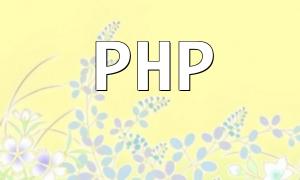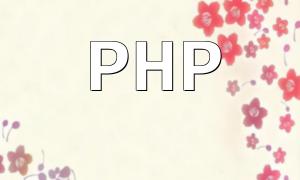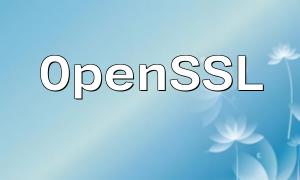JSON (JavaScript Object Notation) is a concise and easy-to-understand data exchange format widely used in web development. It stores data in key-value pairs and supports nesting, making it ideal for communication between frontend and backend. Handling JSON in PHP is straightforward and convenient.
PHP provides the json_decode() function, which converts JSON-formatted strings into PHP objects or associative arrays, making data manipulation easy.
$jsonString = '{"name":"John","age":30,"city":"New York"}';
$data = json_decode($jsonString);
// Accessing data
$name = $data->name;
$age = $data->age;
$city = $data->city;
The example above converts a JSON string into a PHP object and accesses specific fields using the arrow operator.
Besides handling strings, PHP can directly read JSON files by using file_get_contents() to get the file content and then json_decode() to parse it.
$jsonString = file_get_contents('data.json');
$data = json_decode($jsonString);
This code reads a file named data.json and parses it into a PHP data structure for further use.
In PHP, the json_encode() function converts arrays or objects into standard JSON strings suitable for data transmission or storage.
$data = array('name' => 'John', 'age' => 30, 'city' => 'New York');
$jsonString = json_encode($data);
The code above converts a PHP associative array into a JSON string.
To persist JSON data, the generated JSON string can be written into a file using the file_put_contents() function.
$data = array('name' => 'John', 'age' => 30, 'city' => 'New York');
$jsonString = json_encode($data);
file_put_contents('data.json', $jsonString);
This approach saves the JSON content into a file named data.json for future reading and use.
Due to its lightweight and flexible nature, JSON has various applications in web development:
Data exchange with frontend: Frontend can fetch JSON data via AJAX requests to update page content dynamically.
Configuration storage: Saving system settings in JSON format makes reading and managing configurations easy.
API data transmission: Many RESTful services use JSON as the data exchange format to improve compatibility and efficiency.
This article introduced common methods for parsing and generating JSON in PHP. Mastering json_decode() and json_encode(), combined with file read/write operations, allows efficient handling of JSON data. Understanding these techniques is essential for web developers, simplifying data exchange and configuration management.









